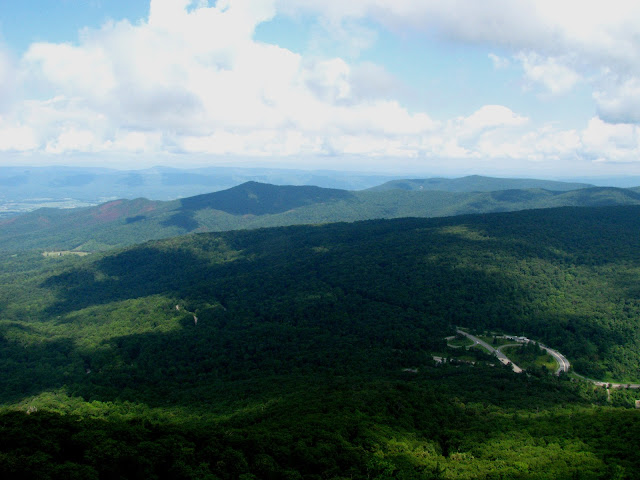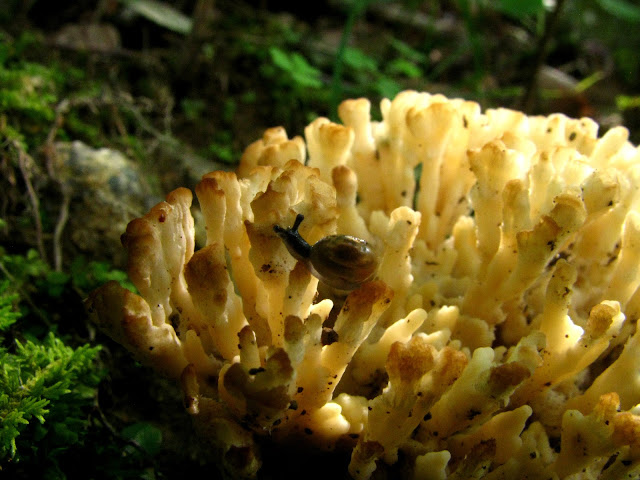"Ishmael," a novel by Daniel Quinn, questions the most fundamental preconceptions we have about humanity. It is a story in which the reader is completely wrung dry of this idea that the world belongs to man, instead we are brought to the realization that man actually belongs to the world. Throughout the novel, the story is told through a dialogue between a teacher, a gorilla named Ishmael, and his pupil, a middle aged man who wanted to save the world when he was in his twenties but lost hope. It is the perfect set up for a book of this kind. Because Ishmael is a gorilla, he isn't affected by human preconceptions and is able to give an outsiders point of view. The middle age man is us, the reader. When we read the story we take his place, we are being asked the questions and we are forced to dig deep to find the answers. The beginning of the journey starts with Ishmael's explanation of how he gained this insight of humanity. He explains his journey from the jungle to the zoo to the menagerie to the gazebo. It immediately provokes the question of self, what defines what an entity is; a name, a location or is it all in the mind of the preceptor? He expresses his confusion of the human perception of him, a gorilla, and wonders what makes humans so different, what makes them not animals. Ishmael then tells us that we have been disillusioned. As a "civilized" people we are born with this knowledge that as humans we are entitled to living such as we are, no matter how destructive, because we are man and we are better than everything else on this planet. Ishmael states that we are "captives of a civilizational system that more or less compels [us] to go on destroying the world in order to live." He calls this system Mother Culture. Ishmael then asks the question of how things became to be this way, what is the story of man. Through the journey to find this answer we are first introduced to the natural law that every living organism must follow. Every organism has a right to live, eat, and flourish, which means that every animal is susceptible to being eaten and depleted, this system of consume and be consumed keeps populations in check. Humans tend to believe that we do not apply to the latter part of this law. Instead of sharing with the other inhabitants of this earth, we are selfish and take more than we need by hording and mass murder, and instead of working with the earth, we work against it and try to restrain and control the uncontrollable. But, the world could not function as a one species world. This planet needs other species to flourish in order to support any life at all. Diversification is important, yet humans are so driven to order, simplify, stupefy, and control everything; no change no surprises. This is detrimental, yet most are blind to it.
On this journey, we also realize an irrational fact in our perception of the evolutionary time line; that it ends with man, as if to insist that man was the final product of this long development. Yet in reality, everything around us is constantly evolving, except for possibly humans. Ishmael points out that when the perception is the world belongs to humans, there is no evolutionary advancement, yet when the perception changes to humans belong to the world, there will be evolutionary advancement. This advancement would happen in a case where we are actually living within the system and not trapped in our man-made cage apart from it. By pulling ourselves out of the system, and placing ourselves within this cage of believing that the world is made for us, we have gotten rid of most of the forces of population control, which yields a higher population, an over population. And with this, means there must be an increase of food production, which means more land usage. This land is developed and diversity which once lived there is killed. If this keeps happening at the rate it is, the diversity of this planet will be null and void. Without diversity, without the cooperation of different organisms, there is no life. It's like the chickens we raise for food consumption. These chickens are kept in dark overpopulated cages. Because they aren't actually participating in the world, everything is so regulated, and breeding happens so rapidly, each generation has less and less diversity. This decrease in diversity produces dumb unhealthy chickens. Do we want to become chickens, we apparently already taste like them.
But humans aren't chickens, and we aren't dumb. We are also not born with sin, and are not inherently bad creatures prone to do bad things. Believing in these things is just a fallacy, a cop out, it's an easy way to dismiss our mistakes and gives us an excuse for not having to fix them. And if we go on living as though the world belongs to man, trying to control its changes, its evolution, we are not only going to cease evolving, we are going to cease existing, we are going to go extinct. And with this bit of information, it is not okay to simply dismiss it as if nothing can be done because we believe that mankind is inherently greedy and will just mess things up no matter what; it isn't true and it can't be true if we want to survive. These concepts and perceptions lie within our minds which we project into the world to make up our reality, if these concepts change in our minds, then the reality will change as well. At the end of the middle aged man's lesson, Ishmael urges him to go out and change people's minds, to inform them on what he had just been informed. You see people are inventive, we are handy, and we are smart, if the perceptions of man in relation to the world can be changed, then we can use these traits to break out of our cage and to live fully, within the system, and thrive.






















